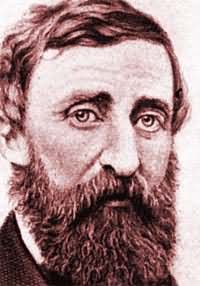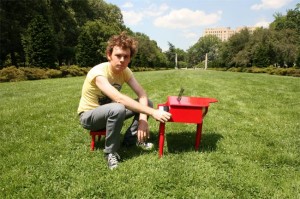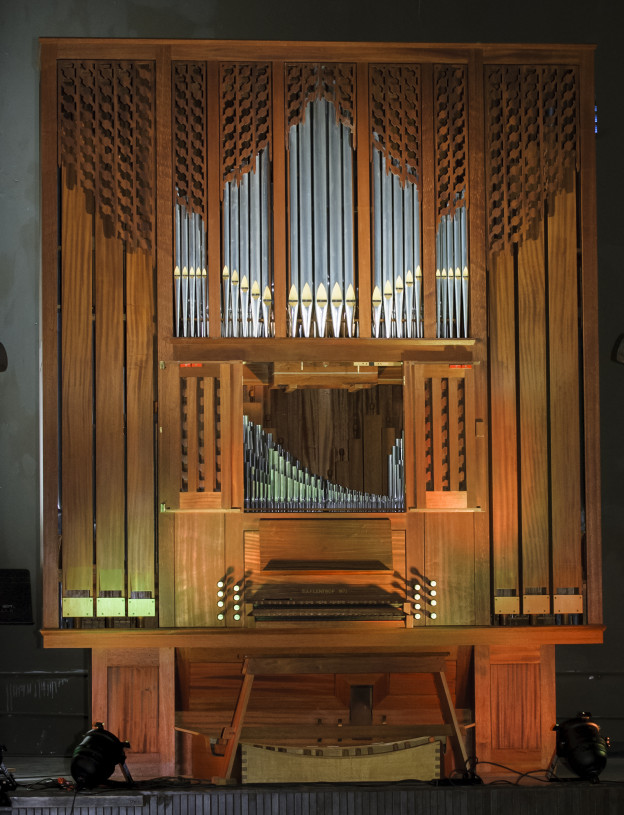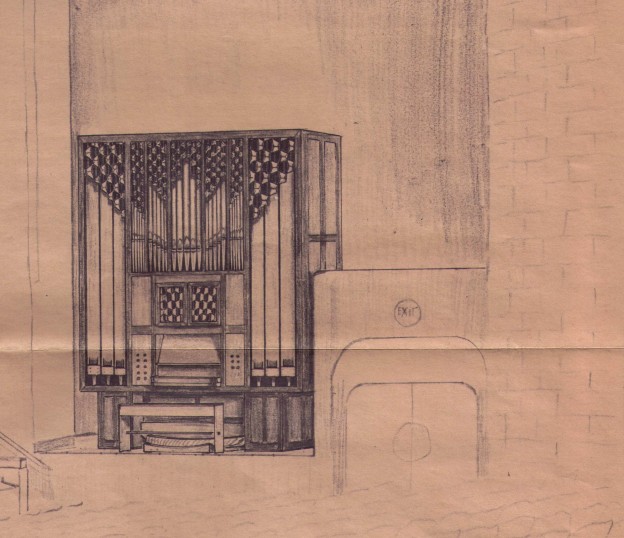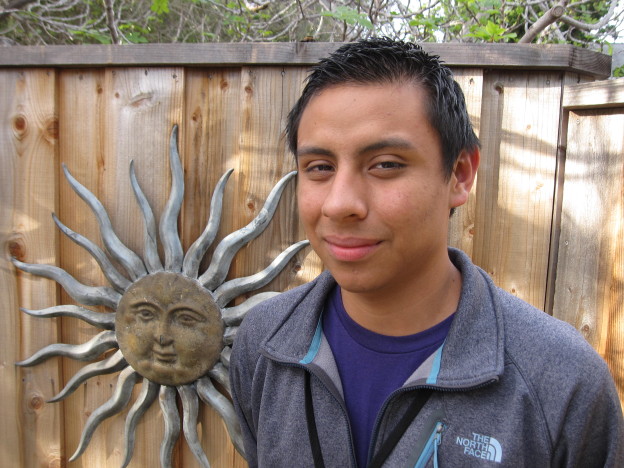I found myself in the Midwest recently, at a summer family reunion. Uncles, aunts, cousins and their kids were spread throughout a large conference room—a former high school gym, and I found myself conversing with the wife of a farming cousin. Somehow we got onto the topic of equality.
“I think we do our children a disservice when we tell them everyone is the same, and there are no winners and losers,” she stated. I reckoned she was addressing what she suspected were my own West Coast liberal biases.
“That’s simply not realistic,” she went on, “and it does not prepare them for life. That spoils children, and makes them believe they are entitled to everything just for the asking. Kids need to learn that not everyone can win, and if you want to win you are going to have to fight for it.”
This comment bothered me. Partly it was her mistaken association of equality with rewards. Equality to me means level opportunity, and equal standing before the law. It is not a suppressing of excellence or achievement. But clearly she thought that equality could erase valuable distinctions, and erasing value seemed threatening. Continue reading

